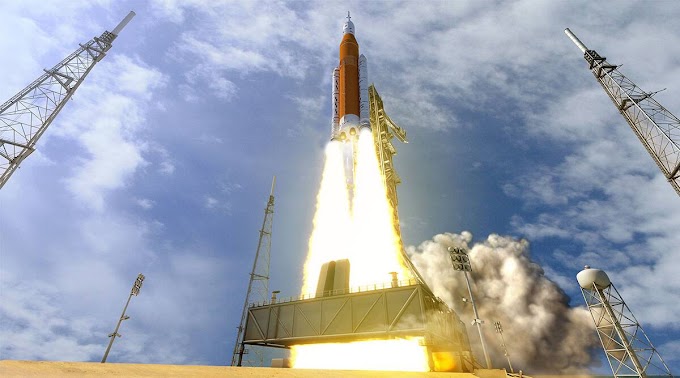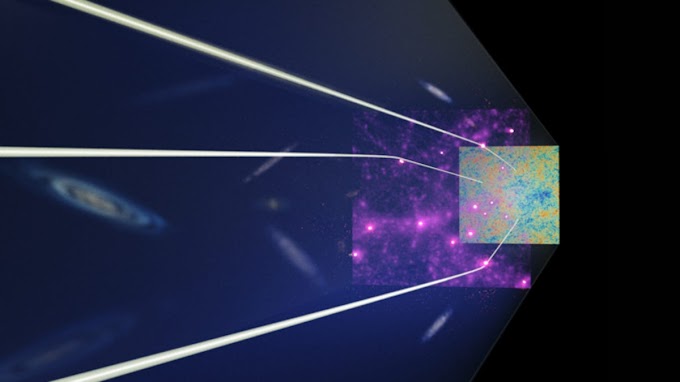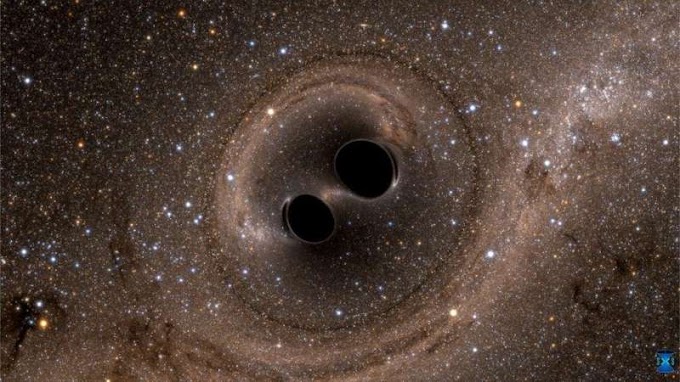Technicians preserve to prepare the Space Launch System Rocket and Orion Spacecraft for Artemis-1 in the Vehicle Assembly Building (VAB) at NASA’s Kennedy Space Center in Florida.
 |
| Credit : NASA |
During paintings to repair the supply of a hydrogen leak, engineers diagnosed a unfastened becoming at the interior wall of the rocket’s engine phase, where the quick disconnect for the liquid hydrogen umbilical attaches. The aspect, referred to as a “collet,” is a fist-sized ring that publications the fast disconnect at some point of assembly operations. Teams will repair the collet by coming into the engine section in parallel with other deliberate work for launch arrangements.
Technicians have changed the seals on the quick disconnect of the tail carrier mast umbilical and could reattach the umbilical plate as soon as the loose collet is addressed. Technicians now are checking out the newly changed seals to make certain there are not any additional leaks. Following trying out, teams will complete closeouts to geared up that segment for flight. Technicians continue work associated with battery activations, and are presently completing installation of the flight batteries. Teams hooked up the batteries for the strong rocket boosters and meantime cryogenic propulsion stage this week and will installation the core stage batteries next week.
 |
| Credit : NASA |
Meanwhile, at the Orion spacecraft, groups installed a technology demonstration a good way to check virtual help and video collaboration in deep area. Engineers are also accomplishing powered trying out on the crew module and European carrier module heaters and sensors. Technicians set up Commander Moonikin Campos, who's one in all three “passengers” flying aboard Orion to test the spacecraft’s systems. Commander Campos’s crew associates, Helga and Zohar, can be mounted within the coming weeks.
Final work maintains to put together the Space Launch System rocket and Orion spacecraft at NASA’s Kennedy Space Center in Florida for Artemis I. Teams have recognized placeholder dates for potential release opportunities. They consist of:
- 29th August at 8:33 a.m. EDT (Two-hour release window); Landing October 10
- 2nd September at 12:48 p.m. (Two-hour release window); Landing October 11
- 5th September at 5:12 p.m. (Ninety-minute launch window); Landing October 17










